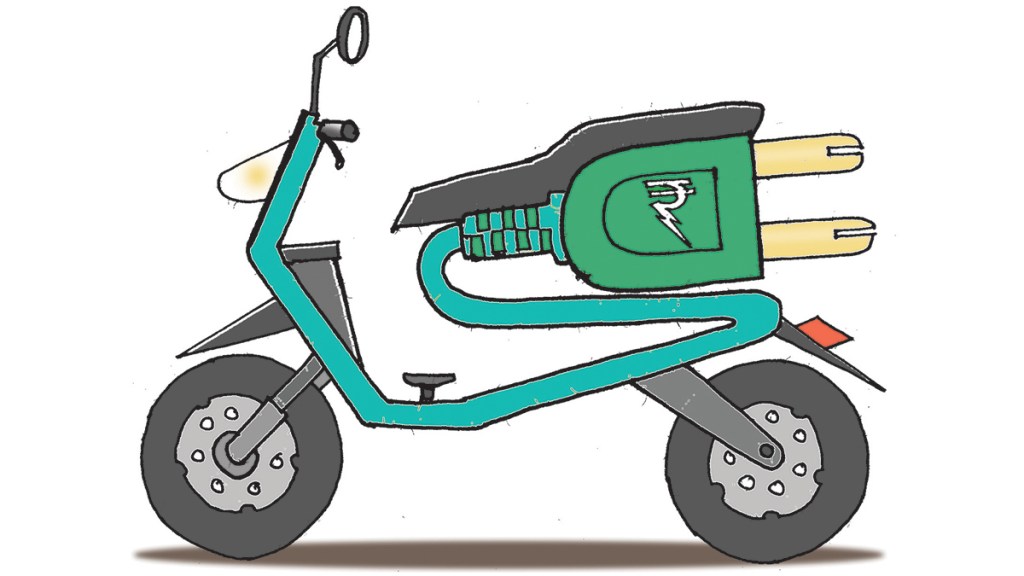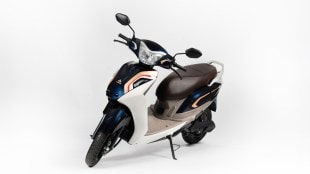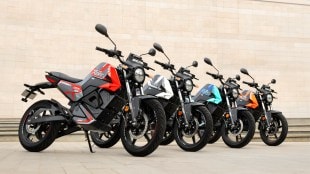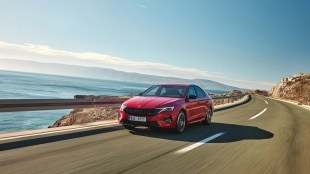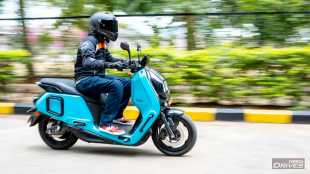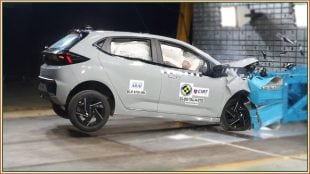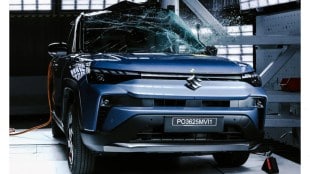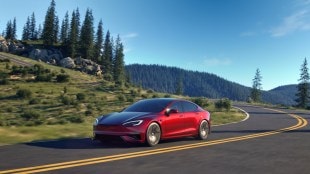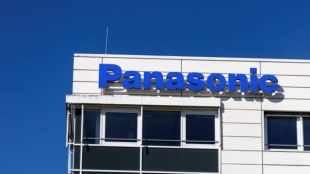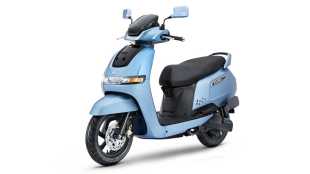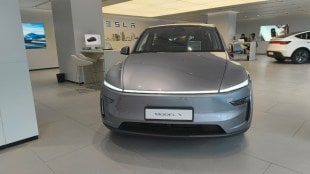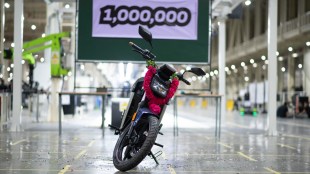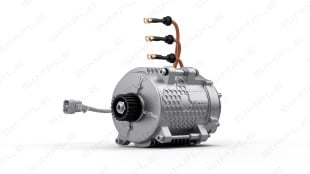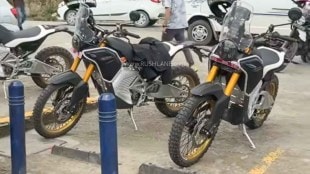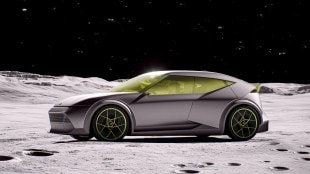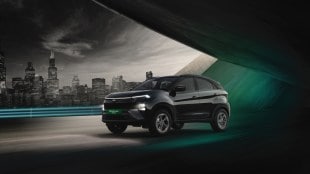According to a 2018 Bloomberg report, India at that time had about 15 lakh battery-powered, three-wheeled rickshaws—a fleet, the report noted, bigger than the total number of electric passenger cars sold in China since 2011.
Most of these e-rickshaws had components imported largely from China and assembled in India; that assembly usually took place in local workshops without complying with safety or environmental standards.
Since then, a lot of OEMs have entered this space, turning it into a more organised arena; manufacturing standards that must be met by OEMs have also evolved.
One thing that has remained unchanged, however, is reliance on China for parts/components. Power Global—which says it delivers affordable electrification solutions for mobility, stationary storage and consumer product sectors—aims to change that.
Reliance on China
Porter Harris, the co-founder of Power Global, told FE that even some larger OEMs are importing battery solutions from China and using these in their vehicles. “There could be reliability and safety issues with these, such as battery fires and battery end-of-life issues,” he said. “We will have a diverse supply chain (for the battery solutions we offer to OEMs), with vendors from countries across the world.”
Harris, a former SpaceX and Faraday Future engineer, had earlier co-founded Romeo Power (a California-based storage battery manufacturing company). In 2019, he set up Power Global (with Pankaj Dubey, former Polaris and Yamaha country head Pankaj Dubey).
Low-hanging fruits
“We are focusing on low-hanging fruits first, with a battery solution for L3 (e-rickshaws classified as those having maximum speed of less than 25 km/h and motor power less than 2 kW; these primarily use lead-acid batteries), and then we will move to L5 (speed exceeding 25 km/h),” Harris said. “Later on, we will also enter the electric two-wheeler space.”
Swappable battery
Last year, Power Global partnered with Rap Eco Motors to supply its eZee swappable lithium-ion battery for the latter’s mass-market electric three-wheeler product line RANIE (passenger auto-rickshaw, delivery van and cargo vehicle). Following the product launch in April 2022, the companies will partner to manufacture 50,000 electric auto-rickshaws over the next five years.
Swappable battery essentially means that you return your drained battery at a central location and pick up a fully-charged battery, and this way you don’t have to wait hours for charging. It has been successfully tried in Taiwan and some other markets, and Harris said there is no reason it shouldn’t work in India.
“We are optimising solutions so that there is no performance degradation when you swap the battery,” he said. “This is a good solution for light vehicles and two-wheelers, in which the weight of the battery isn’t too much and it can be easily taken out by a layperson from a vehicle, unlike in electric cars (in which the battery module is fixed to the body).”
Later this year, Power Global will also announce its first line of retrofit kits to convert diesel– and petrol-fuelled auto-rickshaws into electric vehicles.
Battery recycling
In addition to powering electric vehicles, Power Global also aims to get into battery recycling. It recently announced MoUs with stationary storage integrator PositivEnergy and battery recycling processor Redivivus that support Power Global’s roadmap to reinvent the lifecycle of lithium-ion batteries.
Once Power Global’s EV and stationary storage battery modules ultimately reach their end-of-life, Redivivus will cost-effectively reclaim up to 92% of materials, while recirculating and reprocessing chemical reagents for direct reuse in the recycling process.
“Recycling batteries has started to make good business sense—these can provide you with a high nickel stock, and so many other trace elements,” Harris said.
Used vehicle batteries, before recycling, can also be utilised for applications beyond mobility, like for refrigeration until they reach fully end-of-life.
As far as long-term goal is concerned, Harris said the company is looking at “100% supply chain, 100% manufacturing and 100% engineering within India, and 100% recycling plan is also within India.”
With initial production in Pasadena, California, and a second factory in northern India, Power Global will eventually scale production to serve markets across India, Sri Lanka, Bangladesh, Egypt, Pakistan, Thailand and other locations in Southeast Asia, before expanding into markets across Africa and South America, Harris said.
